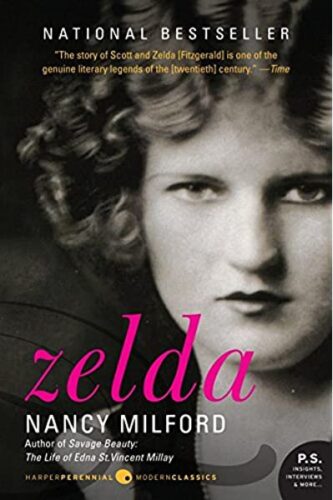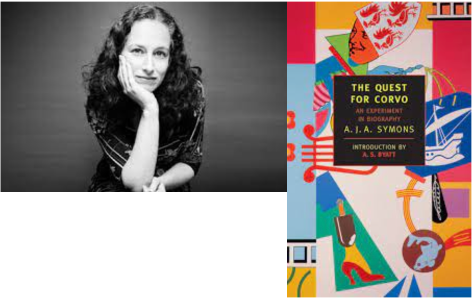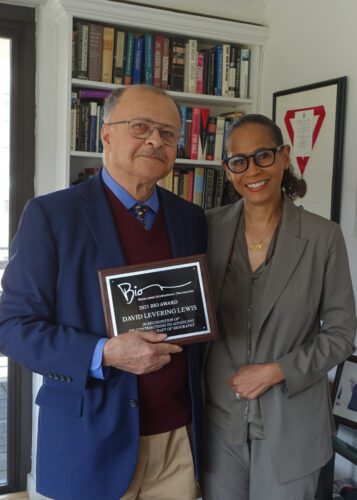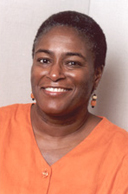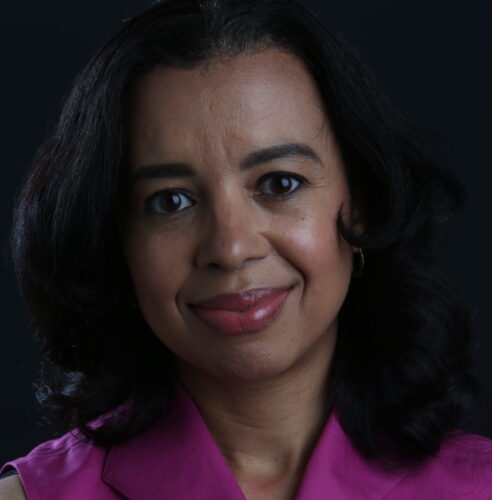October 26th, 2021
Update: The recording of this event is available here.
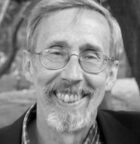
Bob Bender will receive BIO’s 2021 Editorial Excellence Award, presented annually to an outstanding editor of biography, on Thursday, November 18 from 7 p.m to 8 p.m. Eastern, at an online event featuring several of his authors: Marie Arana, David W. Blight, Scott Eyman, and Jeff Guinn.
Registration for the Zoom event is available at this link.
Bender is Vice President and Executive Editor of Simon & Schuster, where he has worked since 1981. He acquires a wide range of nonfiction, including biography and autobiography, history, current events, popular science, popular culture (primarily film and music), and narrative nonfiction with a distinctive voice. Authors that he has published also include Muhammad Ali, Marie Arana, Miles Davis, Jonathan Eig, David Hackett Fischer, Linda Greenhouse, John Kerry, Naomi Klein, Pauline Maier, David McCullough, Gilda Radner, James Shapiro, and Jean Edward Smith.
Kai Bird, chair of BIO’s Award Committee, with Tim Duggan, Ruth Franklin, Peniel Joseph, Candice Millard, and Will Swift, praised Bender for his “cultivation and support for so many illustrious biographers over many decades.”
Marie Arana was born in Lima, Peru. She is the author of Silver, Sword, and Stone: Three Crucibles in the Latin American Story, chosen by the American Library Association as the top nonfiction book of the year; Bolivar: American Liberator, winner of the Los Angeles Times Prize for Biography; the memoir American Chica, a finalist for the National Book Award; two novels, Cellophane and Lima Nights; and The Writing Life, a collection from her well-known column for The Washington Post, where she was editor-in-chief of Book World. She was the inaugural Literary Director of the Library of Congress, founder of the Literary Initiatives division of that library, and one of the principal architects of the National Book Festival. In 2020, she received an award for her lifetime literary work from the American Academy of Arts & Letters. A writer-at-large for The Washington Post, she divides her time between Washington, D.C., and Lima, Peru.
David W. Blight is Sterling Professor of History and director of the Gilder Lehrman Center for the Study of Slavery, Resistance, and Abolition at Yale University. He is the author or editor of a dozen books, including Frederick Douglass: Prophet of Freedom, which won BIO’s Plutarch Award; American Oracle: The Civil War in the Civil Rights Era; Race and Reunion: The Civil War in American Memory; and annotated editions of Douglass’s first two autobiographies. He has worked on Douglass much of his professional life and been awarded the Pulitzer Prize, the Bancroft Prize, the Abraham Lincoln Prize, and the Frederick Douglass Prize, among others.
Scott Eyman was the literary critic at The Palm Beach Post and is the author or coauthor of 15 books, including the bestselling biography John Wayne: The Life and Legend; Hank and Jim: The Fifty-Year Friendship of Henry Fonda and James Stewart; Empire of Dreams: The Epic Life of Cecil B. DeMille; Lion of Hollywood: The Life and Legend of Louis B. Mayer; Print the Legend: The Life and Times of John Ford; and, with the actor Robert Wagner, the bestsellers Pieces of My Heart and You Must Remember This. Eyman also writes book reviews for The Wall Street Journal, and has written for The New York Times, The Washington Post, and the Chicago Tribune. He and his wife, Lynn, live in West Palm Beach.
Jeff Guinn is the bestselling author of many books, including War on the Border: Villa, Pershing, The Texas Rangers and an American Invasion; Vagabonds: The Story of Henry Ford and Thomas Edison’s Ten-Year Road Trip; The Road to Jonestown: Jim Jones and the Peoples Temple; Manson: The Life and Times of Charles Manson; Go Down Together: The True Untold Story of Bonnie & Clyde; The Last Gunfight; and The Autobiography of Santa Claus. The former books editor at the Fort Worth Star-Telegram and an award-winning investigative journalist, he is a member of the Texas Institute of Letters and the Texas Literary Hall of Fame. He lives in Fort Worth.
BIO’s Editorial Excellence Award has been presented since 2014. Past recipients are Tim Duggan, Robert Gottlieb, Gayatri Patnaik, Jonathan Segal, Ileene Smith, Nan A. Talese, and Robert Weil.

